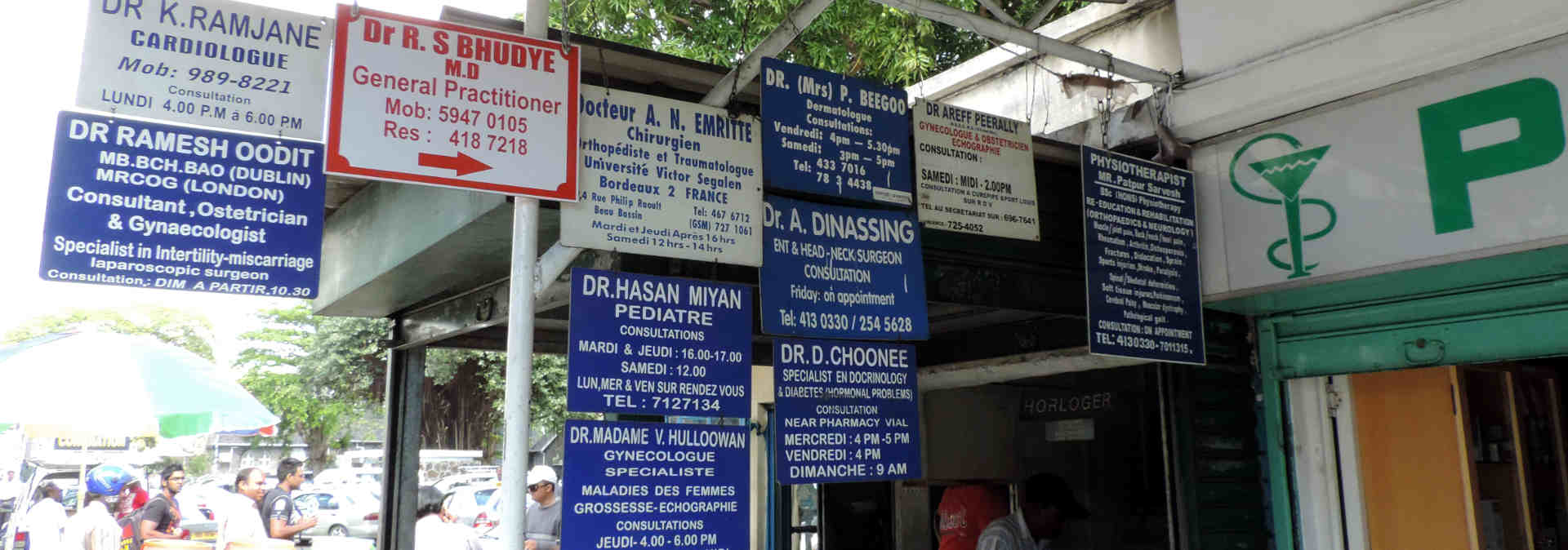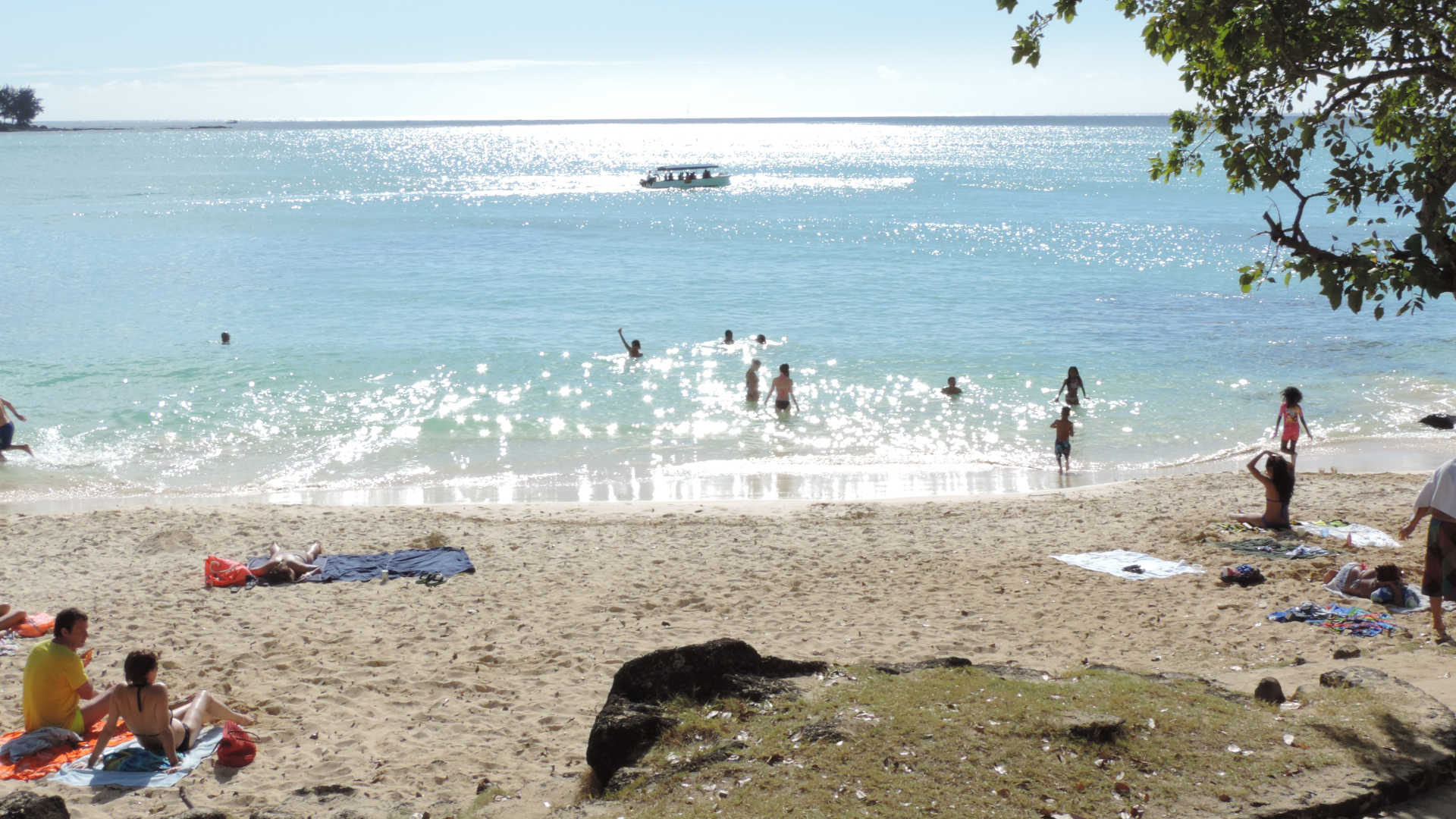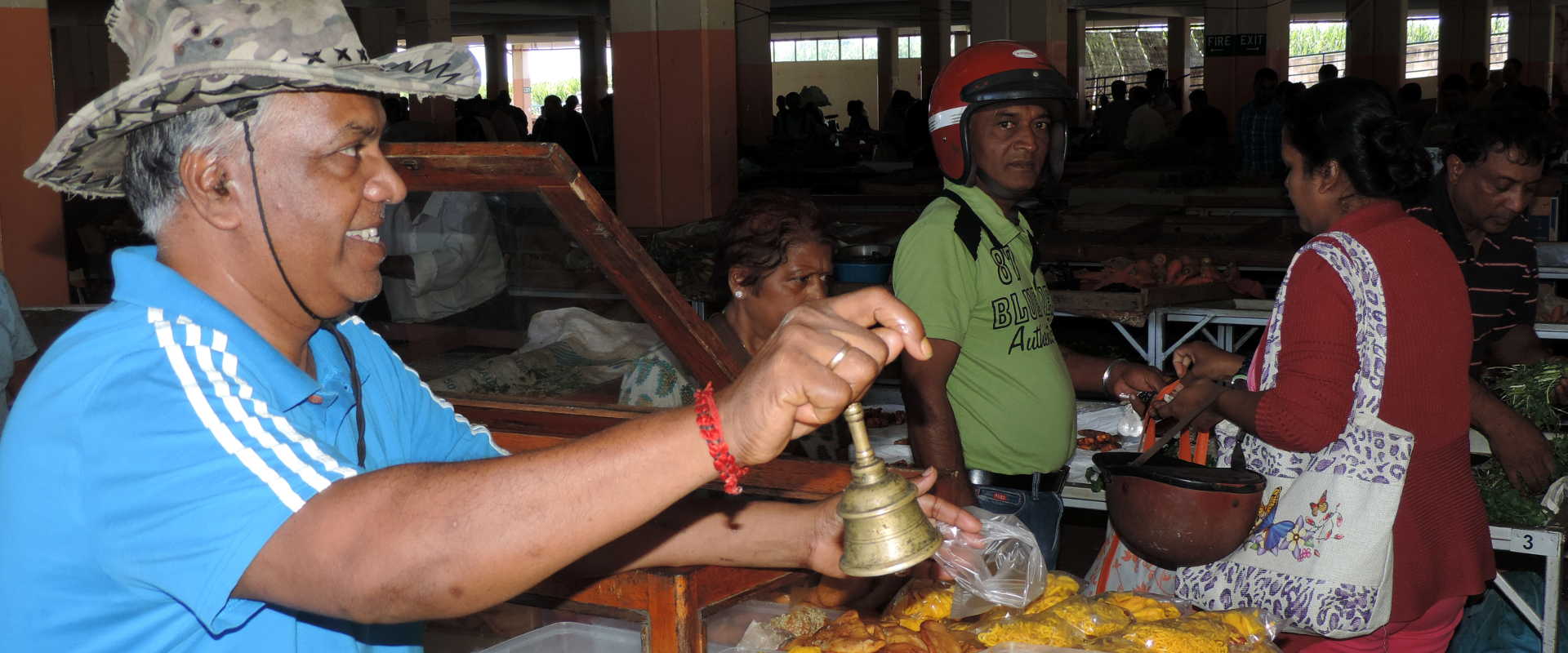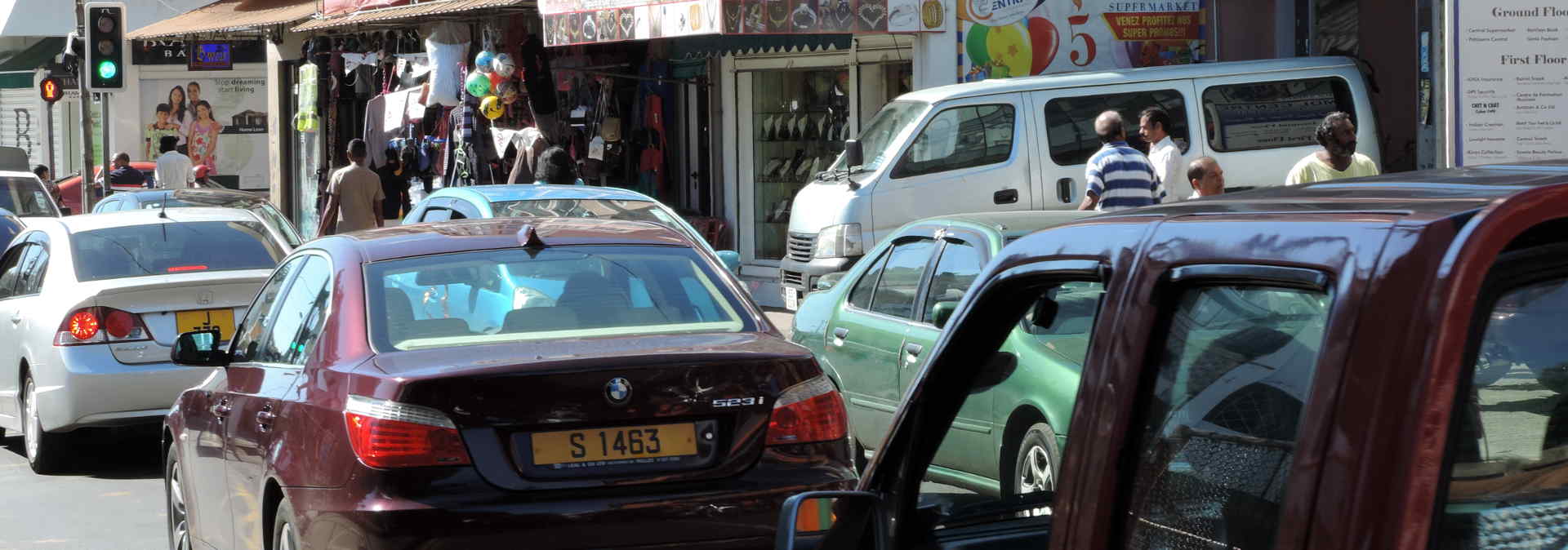Note: We suggest you first read our “Practical Information” blog, if you have not done so yet.
Customs and immigration services are quite strict. For an unknown reason, while there is a huge effort made to attract tourists to the island, the officers of immigration seem to deploy as much efforts to discourage them of getting in.
Regarding customs. Plants and plant extracts must be declared at customs; sugar-cane is strictly prohibited. Pets must go through a quarantine for a period longer than the longest tourist stay; consider that travelling to Mauritius with your pet is not possible.
All drugs are simply prohibited and people attempting to take some on them are all considered as traffickers and are sent straight to jail. Although the law system endeavours in treating foreigners’ cases faster, the overall risk of spending a too long stay in prison are real.
Please keep in mind that Mauritius is not just a tropical destination for a week. It is a country, a nation with towns, offices, a local population with its usages. It is thus advised not to walk around towns and villages, or get in buses in bikinis or swim-trunks. First in respect of the other people who would not dare do this, also to minimise any risk of being harassed or assaulted. This applies more to women as Mauritians are all but exhibitionists; men are not used to naked skin, especially in the remote villages not visited by tourists. At the beach, the Mauritian women often stay fully-dressed, even when bathing… For your own comfort and safety, avoid integral sunbathing anywhere around the island and toplessing on public / visited beaches.

Viruses and communicable diseases such as Malaria are well under-control and no vaccination is compulsory. Health services are on the ball and rather efficient.
Mauritians whose immune system is adapted to the prevailing threats can drink tap water and eat fresh fruits as they are safe. This does not mean that they do not bear viruses that can cause some “turista” to those that had no time to adapt.
For a better stay, drink tap water only if filtered, prefer bottled water and avoid ice cubes except if made from filtered water. Take-away foods sold on street-side are not really to standards, no matter how delicious they are. Hospitals are efficient for extreme emergencies but are not comfortable places to stay while private clinics are of fair to good quality but not many.

Owing to the general level of education and a high employment level, Mauritius remains a relatively safe destination with a fair criminality. It is however better not to be found in the wrong place at the wrong time and especially with the wrong attitude. Somme things can be done, others not; here-below is some additional information that can help.
Meeting and exchanging with Mauritians will enlighten your stay; to be honest, doing the opposite removes all the charm of a trip to Mauritius. However, the relations must be weaved with discernment, almost a framework. The differences between the cultures, mores and customs makes that some interactions, gestures, actions and speeches are not always perceived the way one would like or expect them to be. Among the peculiarities of the Mauritians, two are important to keep in mind.
The Mauritian often takes kindness for stupidity or for a sign that he now has all rights. This can come with a hint of ingratitude. An example would be a (taxi or minibus) driver called once, will always try to get more business, to the point of becoming a bit “heavy”. For some, tips are a “due”, to the point that they do not think necessary to be obliging first. In fact, being obliging is shameful to their eye. More importantly, Mauritians may become “matey” and disrespectful as a result of a generous act or gesture. (See below about taxi drivers). Propose a drink to a Mauritian, he will pick the dearest, propose a beer, he will ask for another one, and from there he will address to you by your first name.
The other peculiarity comes in line of the first and applies to women. An unusually friendly woman is seen as consenting, even inviting to a deeper relationship, if not “doing it” on the spot. This problem is nurtured by some form of feminine sexual tourism with “sugar mums” of all ages.

Back to the question of security, if you are not sure about your discernment abilities, know that Mauritius have bearings set within the roles each is given and it is often better to let interactions be limited and framed by them. In this way, the relationships with an excursionist would be limited to the excursion, a driver would step out of the vehicle in your garden only if it’s to open the door for you. If you have luggage, make sure the driver starts lifting one first, etc. A golden rule, do not let anyone inside the house.
When at the villa, make sure that handbags, cameras as well as your money are stored safely. It is advisable to hide them away or lock them in the safe or cupboard. The most common crimes are opportunistic petty thefts. In most cases, negligence from guests have made these possible. Leaving a camera on the dining table while having siesta or reading on the beach is enough.
All villas are equipped with an alarm system. They can be a drag but are not just dissuasive; they can allow less stringent closing of doors and windows, especially for those who do not fancy air-conditioning. After all, it is so sad to cut away the smell and sound of the sea, the bird-songs and the orange sun-rays of daybreak…

Is it necessary to rent a car in Mauritius? Is it reasonable to drive?
Driving in Mauritius can be a lifetime experience; like walking in the streets by the way, as the Mauritian driving style is fairly uncivil and unconscious. Driving is on the left-hand side but most drive in the middle of the road as they are often bordered by pedestrians, dogs, hens and potholes.
They are however many who rent cars and happily drive around as it only takes adopting a different driving style consisting at driving at the same speed as others, flashing headlights and horning more than needed and expect anything to happen at any time. Easy! Buses are particularly aggressive, driving fast and furious on narrow roads, trying to overtake their competitors to get more passengers at the next stop. Riding bicycles or scooters in towns and villages with high traffic can be dangerous.
Renting a car in Mauritius is nonetheless a plus as, it should to be told once again, there are so many sights to seize. Driving around reveals more than magnificent sceneries, it allows catching those anecdotal sights and moments, winks of real life, revelations of the typical facets of Mauritius which those staying around the hotel pool will never catch. A car-rental also allows stopping here and there, for a snapshot or to buy something from the roadside merchant just to start a chat. Isn’t this real travelling?
As true auto-proclaimed ambassadors, they really can make a stay fuller or spoil a day. To avoid the undesirable ones, we suggest using only those we recommend. Know that you do not have to invite them to share your meal while on a sightseeing tour. A scene often be observed in restaurants; a taxi-driver enjoying a crayfish while his clients having chosen lighter meals to contain costs are waiting for him to finish. Know also that if they choose crayfish it is not because they love it, but to inflate the bill on which they earn commissions. Here is a double-punishment for having been kind.
Taxi fare counters are not compulsory and are hardly found on-board taxis. Before getting into one, make sure you have the indicative fares in mind and be firm in case of negotiations. Do not attempt to use competition as a lever, they stand together. No point either trying to obtain a below-market rate. Taxis of Mauritius tend to be very expensive but it does not mean they earn a lot from the activity.


